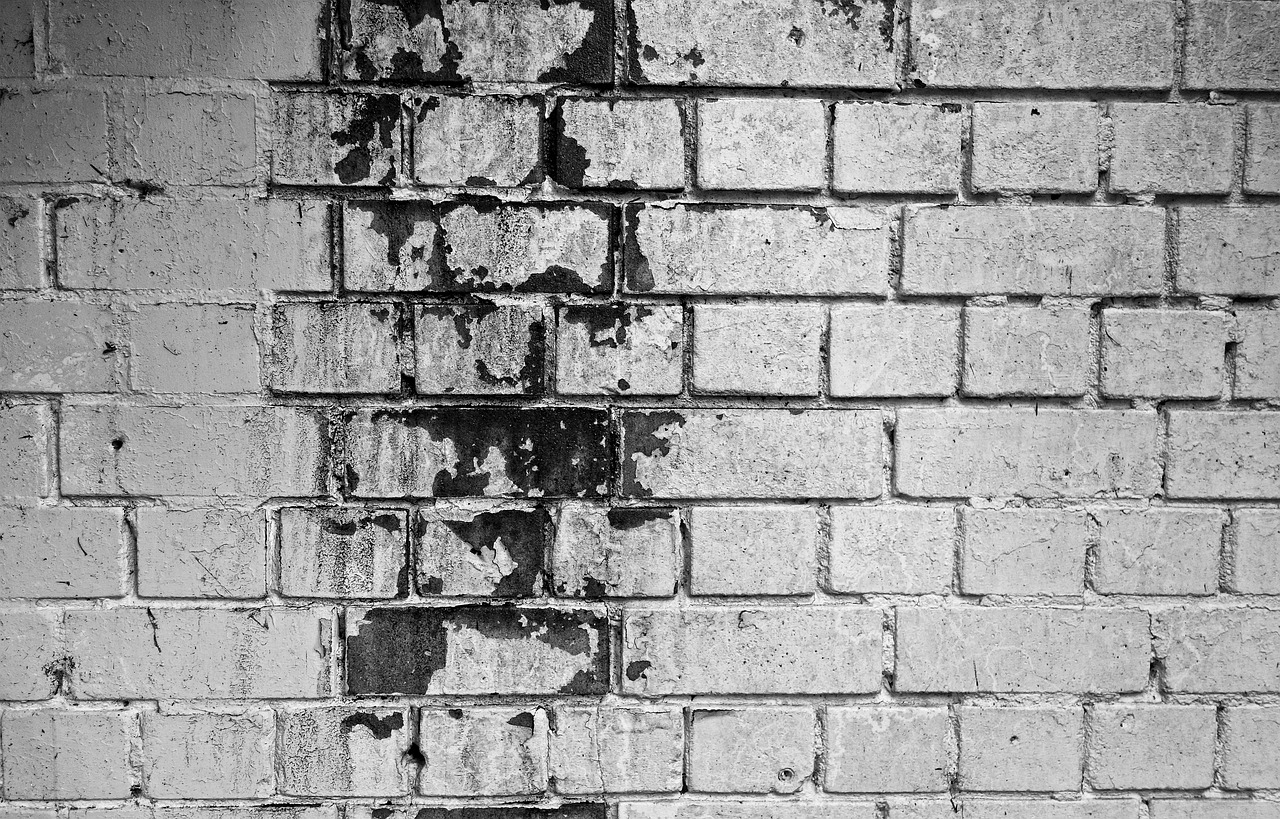How Mold Damage Can Influence Real Estate Inspections
Mold damage is a critical issue in the realm of real estate inspections, often serving as a hidden menace that can severely impact property value and safety. As a naturally occurring fungus, mold thrives in damp and humid environments and can proliferate rapidly if left unchecked. Its presence not only poses health risks to occupants, including respiratory issues and allergic reactions but also indicates underlying moisture problems that often require extensive remediation.
This introduction aims to shed light on the significance of identifying mold during property inspections and the potential consequences for buyers and sellers alike. Understanding mold damage is essential for making informed decisions in real estate transactions, ensuring that properties remain safe and marketable.

Identifying Mold in Properties
Detecting mold in a property can be challenging, as it often grows in hidden areas such as behind walls or under carpets. During inspections, professionals look for common signs of mold, including visible growth, musty odors, and water stains. Homeowners should also be aware of ongoing moisture issues, as mold thrives in damp conditions. Regular inspections in areas prone to humidity, like basements and bathrooms, can help catch mold growth before it becomes a major problem.
In addition to visual cues, home inspectors may use moisture meters to measure the levels of humidity in the environment. A high reading may indicate the presence of water and mold damage, even if it's not immediately visible. Understanding the locations and conditions that promote mold growth allows buyers, sellers, and inspectors to adopt a proactive approach to identification, ensuring that potential issues are addressed swiftly and effectively.
Health Implications of Mold Exposure
Mold exposure can lead to a range of health issues, particularly for sensitive individuals, including infants, the elderly, and those with pre-existing respiratory conditions. Common symptoms of mold exposure include coughing, sneezing, nasal congestion, and skin irritation. In more severe cases, prolonged exposure has been linked to chronic respiratory diseases and even asthma. Awareness of these health implications is crucial for buyers and sellers, as mold can significantly affect not only property value but also occupants' well-being.
The psychological impact of living in a mold-infested environment can also be profound. Homeowners may experience anxiety and stress, knowing that their living conditions could be detrimental to their health. Ensuring a mold-free environment is essential for health restoration, which in turn can boost the overall marketability of the property. Buyers should be encouraged to conduct thorough inspections to avoid potential health risks linked to mold exposure.
Financial Consequences of Mold Damage
The financial ramifications of mold damage in a real estate transaction can be significant. Properties with identified mold issues often see reduced market values, as potential buyers may be apprehensive about the costs associated with remediation and repairs. Homeowners may face difficulty selling their properties, with financial losses extending beyond the immediate repair costs to include potential legal liabilities if health problems arise from undisclosed mold issues.
Insurance claims related to mold can be complicated. Many standard homeowners' insurance policies exclude mold damage, making it crucial for property owners to understand their coverage. In some cases, if mold is rooted in neglect—such as not addressing moisture problems—it may not be covered at all. Therefore, being proactive about mold prevention and remediation can safeguard homeowners' investments and mitigate future financial risks.
Mitigating Mold Risks
Taking steps to prevent and mitigate mold growth is essential for maintaining the value and safety of a property. One of the primary strategies is to control moisture levels within the home. This includes using dehumidifiers in damp areas, ensuring proper ventilation, and promptly addressing any leaks or water damage. Regular maintenance of gutters and downspouts will also help divert water away from the foundation, reducing overall humidity levels in the home.
Additionally, property owners should consider conducting regular inspections to identify potential mold risks before they escalate. Professional mold remediation services can effectively remove existing mold while also recommending measures to prevent future growth. By creating an environment that discourages mold proliferation, homeowners not only protect their health but also preserve their property's value and appeal in the marketplace.
Legal Implications Surrounding Mold
Legal issues surrounding mold damage in real estate can significantly affect transactions and property insurance. Sellers may be legally obligated to disclose known mold problems during the sale process, and failure to do so can result in litigation or financial penalties if buyers experience health issues related to undisclosed mold. Understanding the local laws regarding mold disclosures is essential for both buyers and sellers to ensure compliance and protect their interests.
Real estate professionals must remain vigilant about mold issues during transactions. This includes advice to clients about potential risks and the importance of conducting thorough inspections. Addressing mold issues proactively not only protects the buyers' investment but can also prevent potential legal disputes down the line. Adopting a transparent approach fosters trust between parties and upholds a positive reputation within the real estate market.

Addressing mold damage in real estate is not merely a matter of aesthetics; it encompasses vital health, financial, and legal implications that can have lasting effects on buyers, sellers, and property values. Recognizing the signs of mold, understanding its health ramifications, and being aware of the legal responsibilities involved in disclosures are critical components of a successful real estate transaction. By fostering a proactive approach to mold prevention and remediation, all parties involved can safeguard their investments and promote healthier living environments.